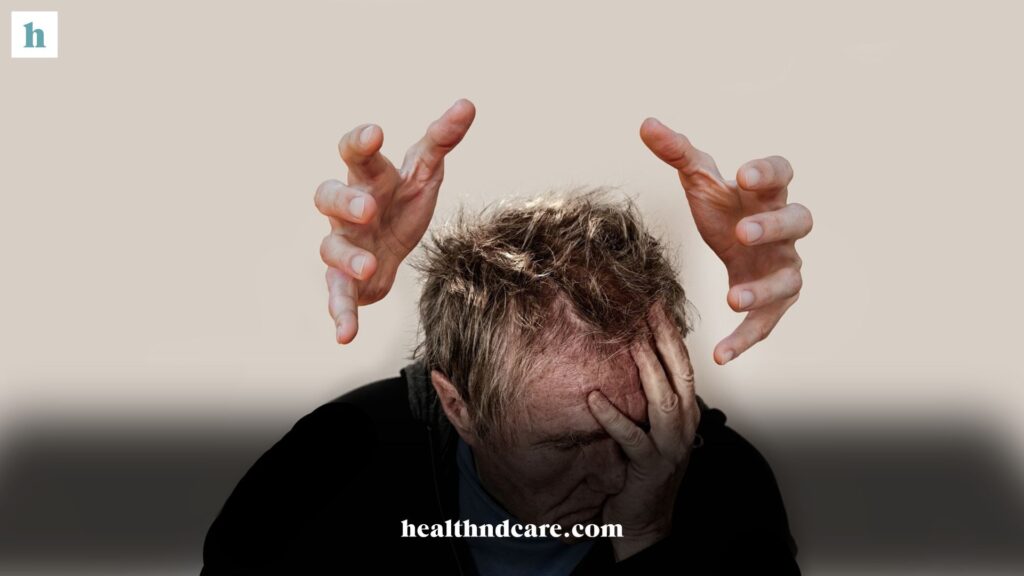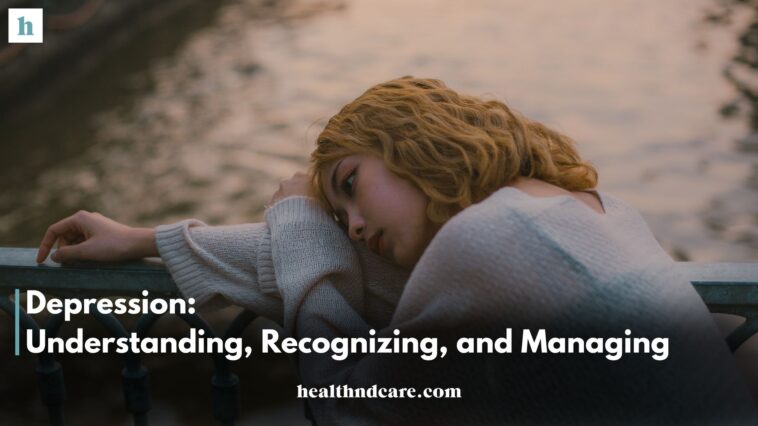Introduction to Depression
Depression is a mental illness that is common but serious and affects people all over the world. It does not just involve moments of sadness, but can affect an individual’s daily life considerably. Hence it is important to know what depression is, recognize its signs and facilitate its management as this will assist those affected and encourage psychological wellness.
What is depression?
Definition/Explanation
Depression refers to a mental disorder characterized by prolonged periods of deep sadness, hopelessness feelings and loss of interest or pleasure in formerly enjoyable activities. It can happen to anyone at any age irrespective of their gender or background. It should be noted that depression should not be treated as just ‘feeling down’ since it tends to be chronic thus requiring long term treatment and care.
Categories of Depression
There exist various forms/types of depressions namely:
- Major Depressive Disorder (MDD) – This type shows severe symptoms which disrupt normal living pattern .
- Persistent depressive disorder also known as Dysthymia – Less intense form with longer duration.
- Bipolar Disorder – Involves episodes where individuals suffer from low moods followed by high energy levels called mania..
- Seasonal Affective Disorder (SAD) – Occurs during certain seasons mostly winter when there is less exposure to sunlight.
Detecting Symptoms of Depression
Common Signs
Depression presents itself differently from one person to another hence symptoms may differ too; however some typical indications include:
- Feeling sad all the time or having constant low mood.
- Loss of interest in doing things previously enjoyed such as games or hobbies.
- Change in appetite leading either weight gain or loss.
- Sleeping too much or very little comparative to before being diagnosed with depression.
- Getting tired easily even without doing physically demanding activities then blaming self for everything around them because they feel worthless .
- Inability concentration while making decisions thus affecting work performance negatively accompanied by thoughts about dying by suicide but not having enough courage act upon them
Physical Signs
Apart from emotional and cognitive signs, depression can also manifest itself through physical symptoms which include:

- Headaches.
- Digestive problems (e.g., constipation).
- Chronic pain in joints or muscles without any apparent reason for it being there.
- Weak immune system making one susceptible to frequent illnesses like colds ,flus etc .
Causes and Risk Factors
Biological Causes
Depression may be precipitated by biological factors such as:
- Genetic Predisposition – Having relatives who have had depression increases your chances of developing the same condition.
- Chemical imbalances in the brain – Neurotransmitters like serotonin and dopamine are responsible for regulating mood therefore disturbances their levels could lead to depressive disorders.
- Hormonal Changes – Some women experience postpartum depression after giving birth due hormonal changes while others go through menopause which is associated with increased vulnerability towards this ailment too.
Environmental and Psychological Causes
Environmental triggers along with psychological factors also contribute significantly towards depressive states; some examples include:
- Traumatic Events – Going through traumatic experiences can trigger off feelings associated with sadness which eventually turns into clinical Depression if not dealt with adequately over time..
- Chronic Stressors– long-term stresses emanating from employment settings ,relationship issues among others greatly contribute negative emotions that result into depressive moods when they persist beyond certain limits.
- Substance abuse– Alcoholism or drug dependency serve as both risk factors as well coping mechanisms that tend exacerbate an individual’s mental state especially areas connected with their self-esteem
Helping a Loved One who Has Depression
Understanding and Patience
Helping someone with depression means understanding, patience and empathy. It is important to listen without judging them while offering practical assistance.
Encouragement to Seek Help
Persuading a close person to seek professional help is very important. People can take their lives back depression can be treated.
Conclusion
Depression is a complex disease that may seem insurmountable at times but it can be managed and overcome with the right knowledge, treatment and support. Whether you are suffering from this disease yourself or supporting someone through it remember that there’s always help available and recovery is possible.



